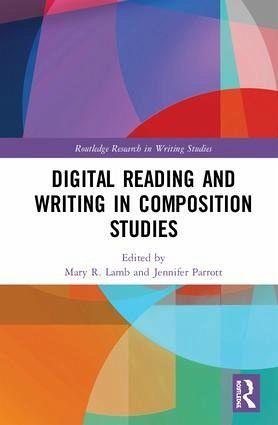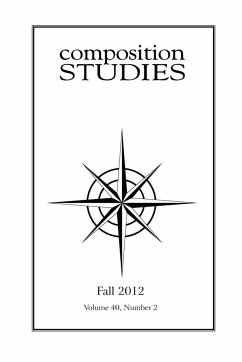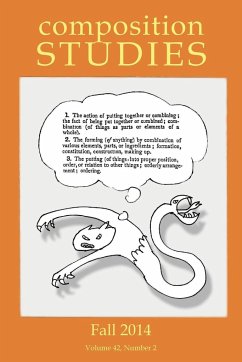
Digital Reading and Writing in Composition Studies
Versandkostenfrei!
Versandfertig in 1-2 Wochen
167,99 €
inkl. MwSt.
Weitere Ausgaben:

PAYBACK Punkte
84 °P sammeln!
This book offers both an exploration of collaborative reading and pedagogical strategies for teaching reading and writing that reflect the realities of digital literacies. It builds from the premise that digital reading has become more productive and active, thus blurring the lines between reading and writing.













